With the increased awareness about animal abuse and consequences of the food supply chain on health, consumers are looking forward to healthier options with fewer chemicals. Apart from animal abuse, the conventional practices of animal farming are harmful and unsustainable for both human and animal health. There are pandemics such as mad cow disease, swine flu and bird flu in the livestock farms, making consumers want a sustainable solution. This is where clean meat companies play a major role.
Clean meat companies grow fat cells and muscle cells in a bioreactor and this eliminates animals to a great extent. Mosa Meat, a Dutch startup based in Maastricht, The Netherlands is one such company that joins other startups such as SuperMeat and Memphis Meats aimed at bringing mainstream vegan food.
The Dutch startup has received €7.5 million investment from Bell Food Group, a Swiss meat processing company and German pharmaceutical company Merck. This investment will fuel the startup’s effort to meet the ever-increasing global demand in the meat industry.
Heads up about Mosa Meat
Mosa Meat backed by German drugmaker Merck KGaA and a leading European meat processor produces beef from cattle cells. This startup is aimed at bringing a transformation in the global meat industry with the implementation of the cell-culture technology. Mosa Meat is led by researcher Mark Post from Maastricht University and food expert Peter Verstrate. Back in 2013, the startup unveiled a hamburger made using cells of cows bred in the laboratory instead of a living animal.
After having launched the world’s first cultured hamburger, the startup aims to develop commercial products and make them available to the consumers by 2021. The mission of this company is to transform the way meat is produced so that consumers who are are looking forward to healthier and environment-friendly meat products.
How is clean meat made?
Cultured meat or clean meat is similar to the traditional livestock meat but the difference is that the cells are grown in a laboratory. Firstly, the muscle cells of an animal are collected with a small biopsy by subjecting the animal to anesthesia. The extracted cells are called myosatellite cells and these are the stem cells of muscles.
Within the animal, these stem cells create new muscle tissue whenever a muscle is injured. This characteristic of the stem cells is used in making clean meat. The cells are then placed in a medium with nutrients and natural growth factors to let them grow similar to how they would inside an animal.
A small sample can grow trillions of cells and this growth takes place in a bioreactor similar to the ones used to ferment yogurt and beer. To differentiate these cells into muscle cells, one has to stop providing the growth factors. The cells will merge to form myotubes and these are placed in a gel comprising 99% water for the cells to get the shape of muscle fibers. These muscle cells are combined to form a small strand. These strands are layered to form meat.
Benefits of clean meat
The mass production of livestock meat has a major role in deforestation, land degradation and water pollution. On the other hand, clean meat requires smaller quantities of resources for the production of meat. It contributes to very little global warming and climate change. This is possible as the process needs 100 times lesser land area and 5.5 times lesser water than growing livestock meat. Moreover, it is a humane way of producing meat.
With the technological advancements, clean meat startups like Mosa Meat are staying away from using animal serum and other animal ingredients to product vegan-friendly products without compromising on flavor.
Stay tuned to Silicon Canals for more updates in the tech startup world.




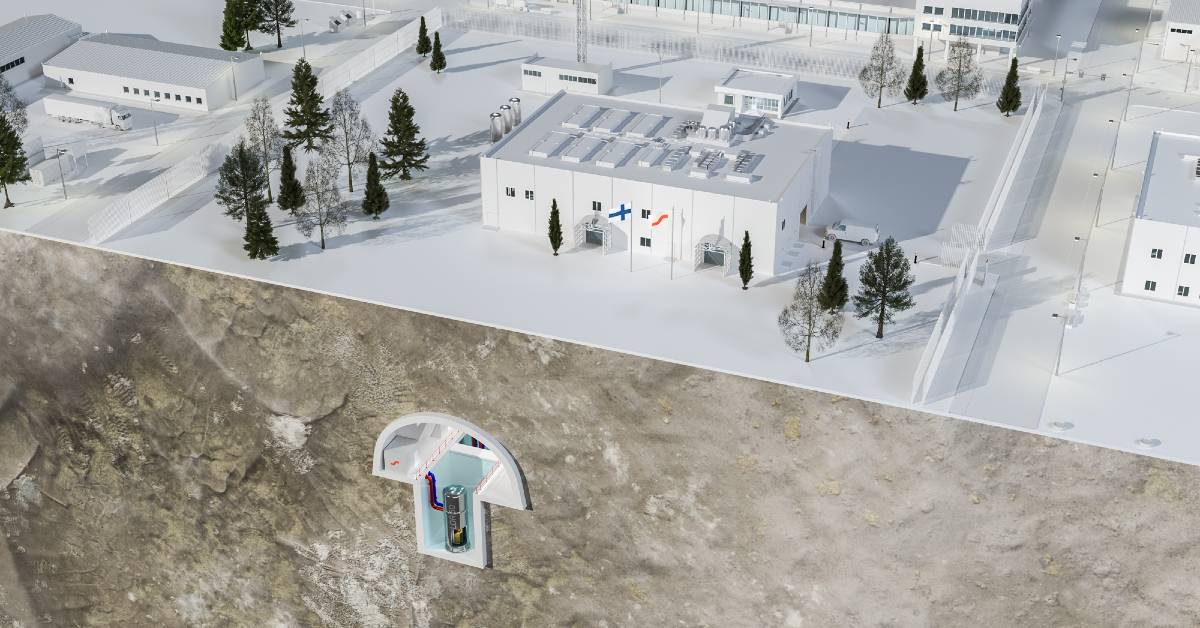
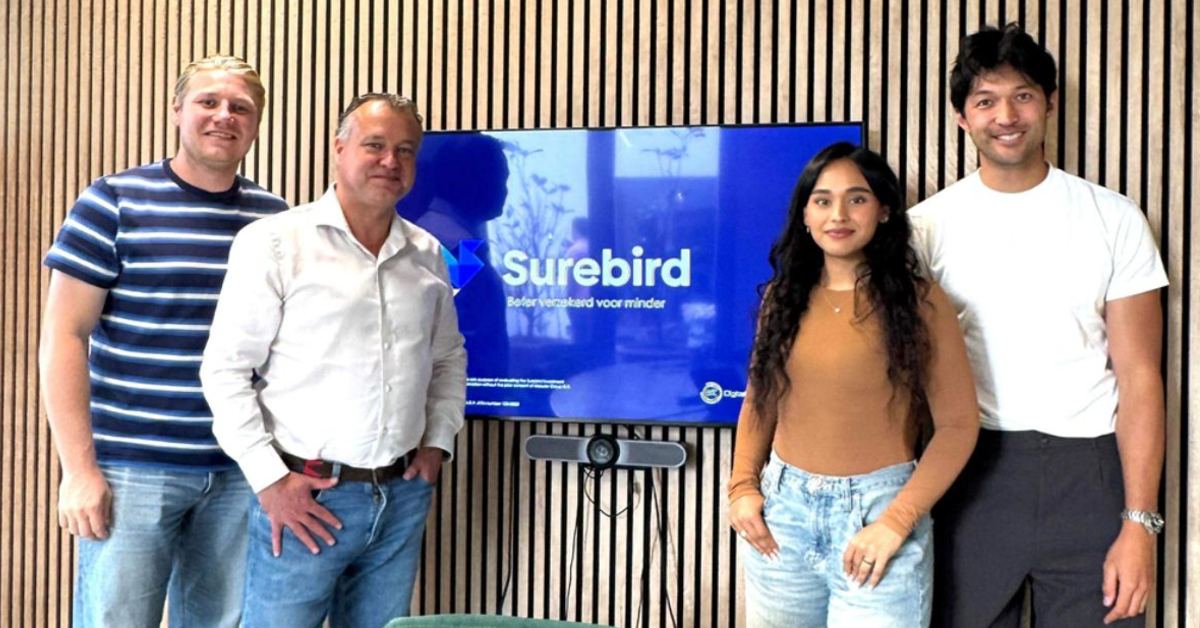
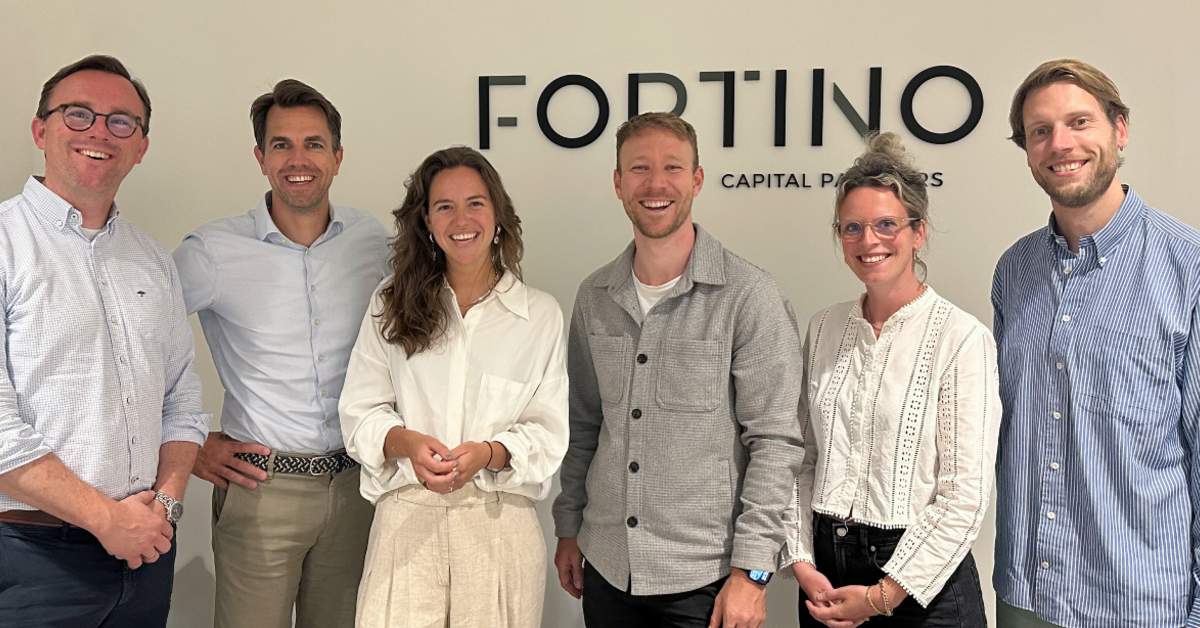
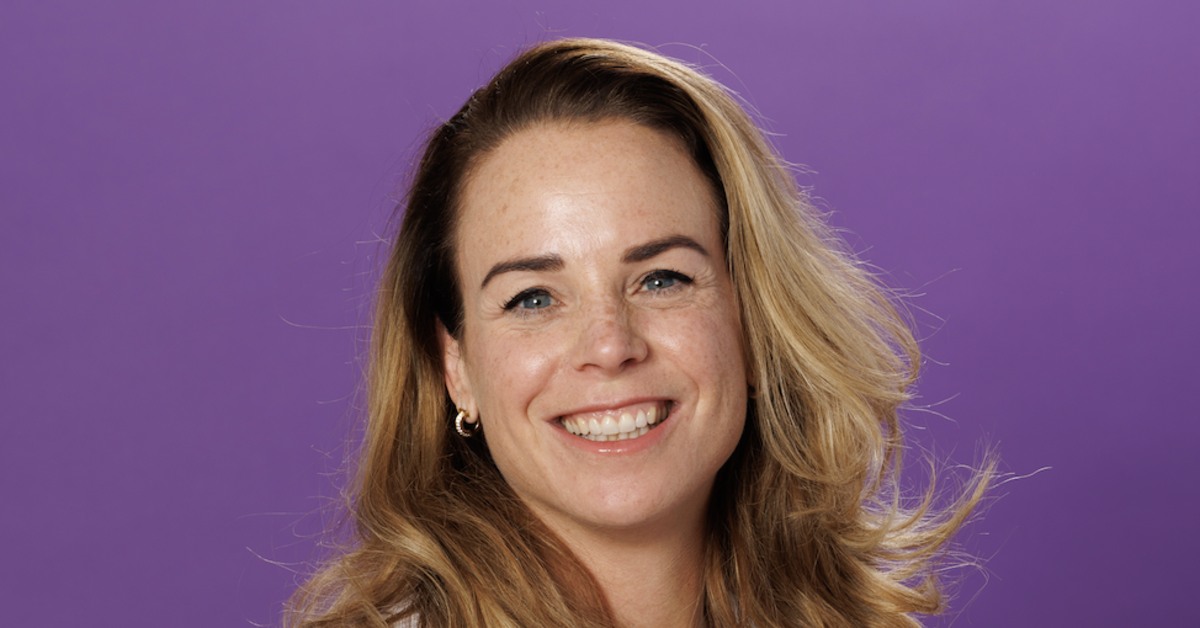
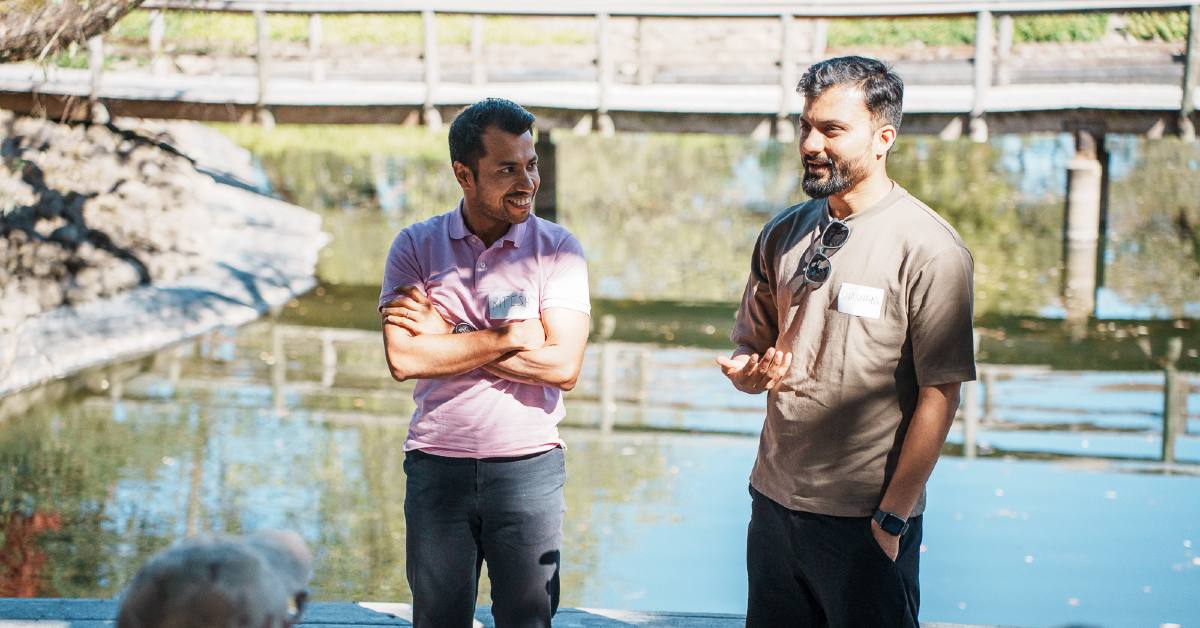

01
From telecom veteran to Dutch Startup Visa success: The Jignesh Dave story